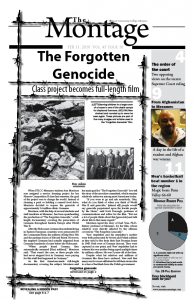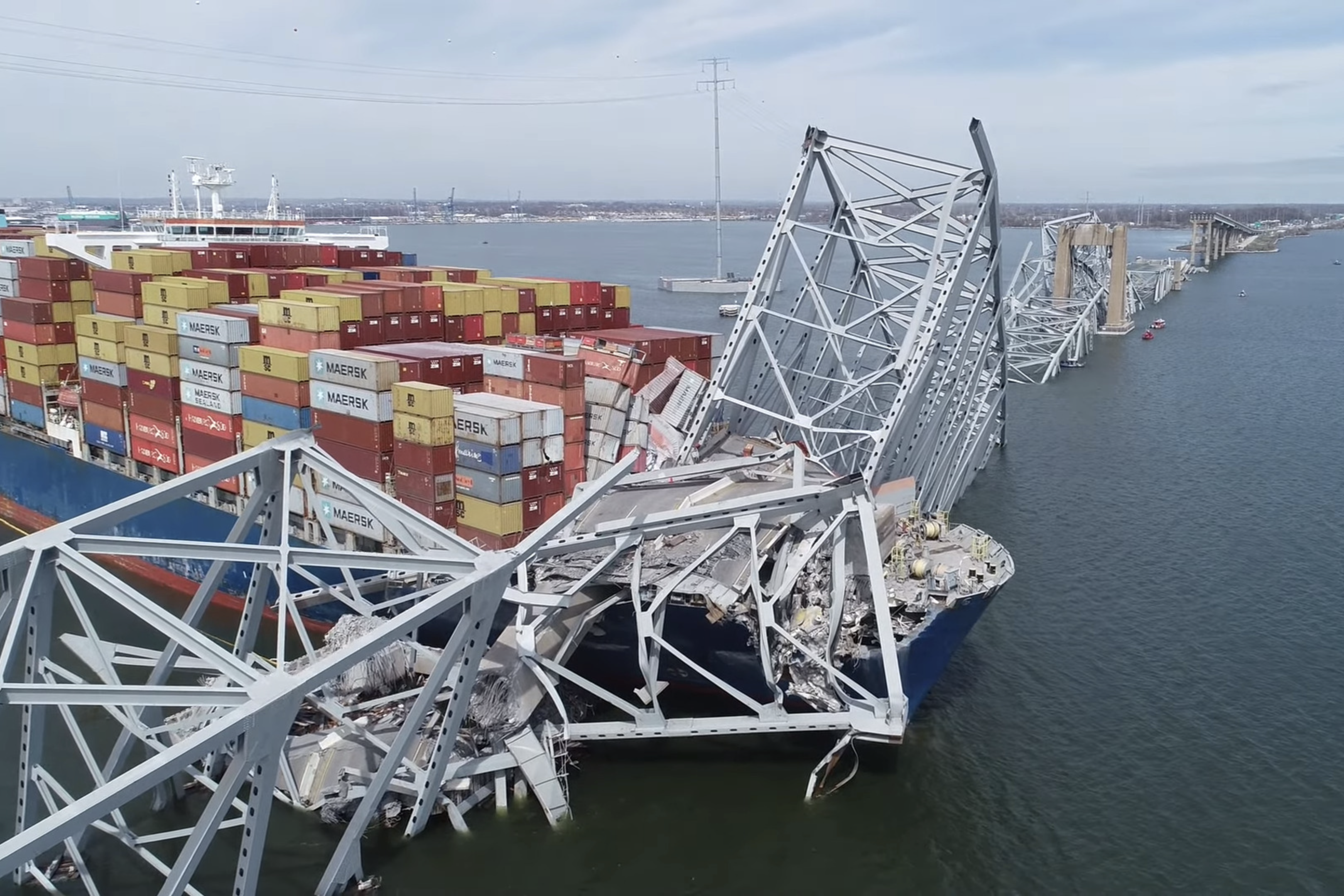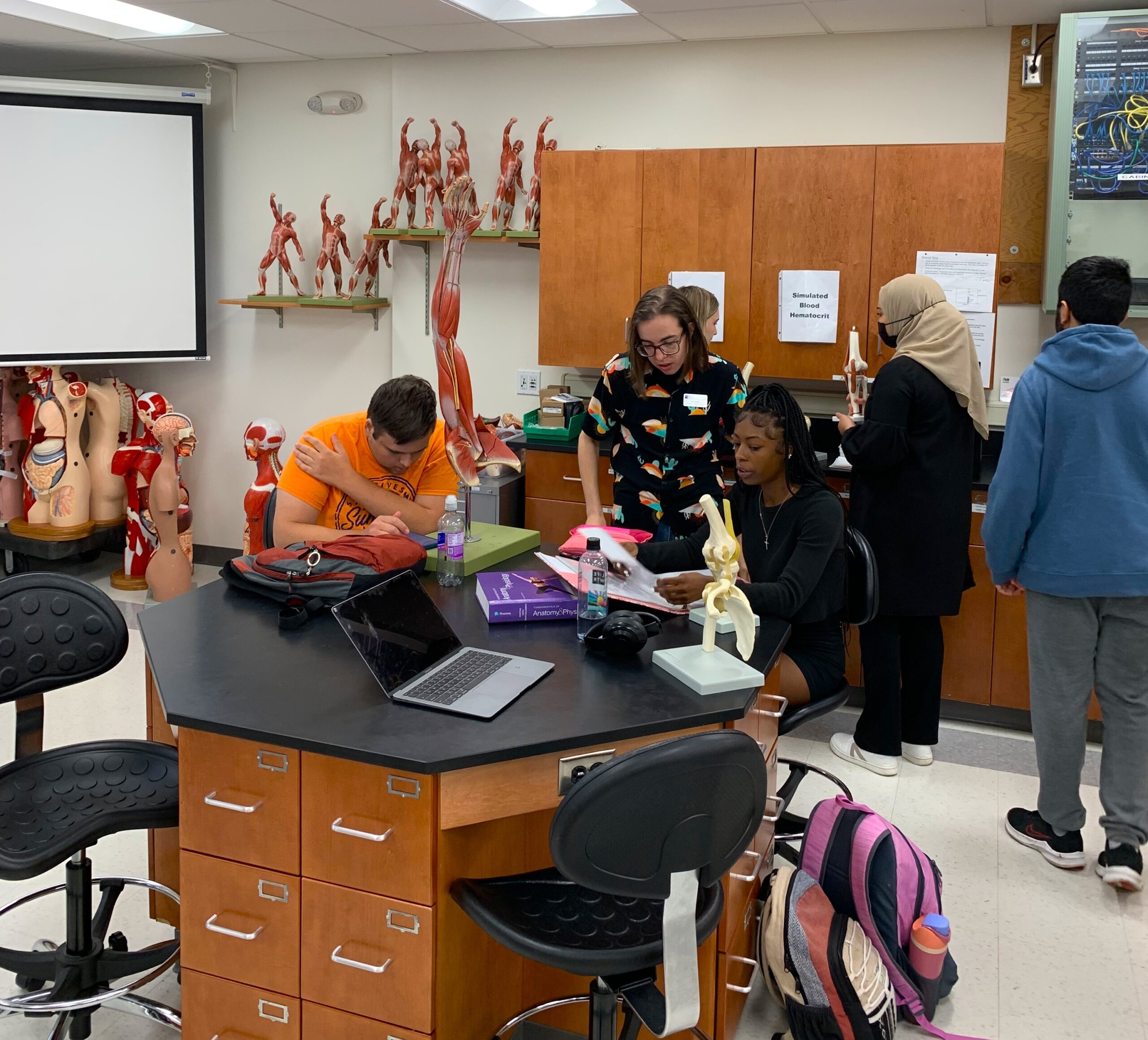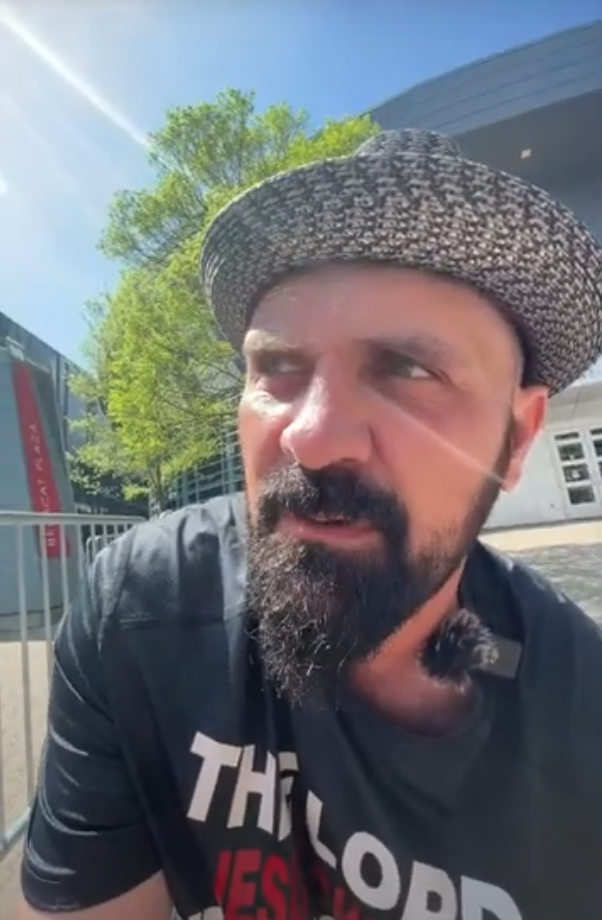Class project becomes full-length film
When STLCC-Meramec student Ann Morrison was assigned a service learning project for her Honors Composition II class last semester, the goal of the project was to change the world. Instead of cleaning a park or holding a canned food drive, Morrison decided to expose the genocide of approximately 14 million ethnic Germans.
Morrison, with the help of several students and staff members at Meramec, has been spearheading the production of “The Forgotten Genocide,” a full-length documentary covering the persecution of Germans throughout Eastern Europe after World War II.
After the Holocaust, German descendents living in Eastern European countries were persecuted by the Communist Party, the soldiers of Josip Broz Tito and the partisan forces of Edvard Beneš. However, the targeted Germans had actually migrated from Germany hundreds of years before the Holocaust.
“When people heard German, they automatically assumed [Nazi soldiers],” Morrison said. “That wasn’t the case, so these people who had never stepped foot in Germany were paying for this stuff that happened in Germany.”
As the first American-made full-length documentary covering the subject, Morrison said her main goal for “The Forgotten Genocide” is to tell the story of the atrocities committed, which remains relatively unknown among most Americans today.
“If you were to go and ask somebody, ‘Hey, what do you think of when you think of World War II and genocide,’ [almost all] people would say genocide perpetrated upon the Jewish people by the Nazis,” said Scott Dorough, professor of communications and editor for the film. “But not a lot of people think about this [genocide] and talk about this in that same regard.”
Morrison taped the story of Karl Voss, Ph.D., history professor at Meramec, for her film, whose relatives were directly affected by the offenses covered in “The Forgotten Genocide.”
Voss’ stepfather and his stepfather’s mother were both persecuted by Soviet and Polish soldiers as they tried to flee from their East Prussian home in 1945. Both were of German descent. They were captured at one point, and Voss’ stepfather had to witness his own mother being raped multiple times by military officers. He was 5 years old at the time.
Despite what his relatives and millions of Germans like them have endured, Voss said that many survivors are still afraid to tell their stories due to a fear of backlash from the Polish government.
“This history is not dead,” Voss said. “It’s still living, and that’s why Germans are very, very careful when dealing with it.”
However, Morrison said she has high hopes for the exposure of “The Forgotten Genocide,” which has sparked the interest of German societies for a potential worldwide distribution. Morrison summarized her ambitions by saying that she wants Oprah to see her documentary.
“I want this to be in every history class, a part of every college, high school and middle school curriculum,” Morrison said. “When I say I want to be on Oprah, I mean I want to be able to reach every possible person in the world.”
Morrison’s inspiration for the documentary came from stories she heard from members in the German Cultural Society, a nonprofit organization in St. Louis dedicated to preserving and advancing German culture.
“I listened to these people tell stories, and over time, I started really listening,” Morrison said. “I kind of wondered why nobody had ever really written about it or ever heard about it, and I started doing my own research, and when [the service learning project] came up it seemed like somebody just said, ‘Here’s the world on a silver platter,’ and I took it.”
When the semester for her English class ended in May, Morrison continued working on her service project. Seven months later, Morrison has talked with at least 200 survivors about the genocide and has even traveled outside the country to meet with them in places like Canada, Europe and South America.
“It’s well beyond the scope of the class,” Pamela Garvey, Morrison’s Honors Composition II professor, said. “I think it’s pretty much a full-time job at this point.”
Because the persecution occurred many years ago, Morrison said that the time for the stories of the “Forgotten Genocide” survivors to be heard is now.
“They’ve done their work, they’re retired – they can tell their story now,” Morrison said. “They don’t feel like there are going to be any repercussions and they don’t want to leave without their children or their grandchildren knowing about it. Not to mention the world.”
“The Forgotten Genocide” will be shown Feb. 27 in the Meramec Theatre. Admission is free.
“This history is not dead,” Voss said. “It’s still living, and that’s why Germans are very, very careful when dealing with it.”
However, Morrison said she has high hopes for the exposure of “The Forgotten Genocide,” which has sparked the interest of German societies for a potential worldwide distribution. Morrison summarized her ambitions by saying that she wants Oprah to see her documentary.
“I want this to be in every history class, a part of every college, high school and middle school curriculum,” Morrison said. “When I say I want to be on Oprah, I mean I want to be able to reach every possible person in the world.”
Morrison’s inspiration for the documentary came from stories she heard from members in the German Cultural Society, a nonprofit organization in St. Louis dedicated to preserving and advancing German culture.
“I listened to these people tell stories, and over time, I started really listening,” Morrison said. “I kind of wondered why nobody had ever really written about it or ever heard about it, and I started doing my own research, and when [the service learning project] came up it seemed like somebody just said, ‘Here’s the world on a silver platter,’ and I took it.”
When the semester for her English class ended in May, Morrison continued working on her service project. Seven months later, Morrison has talked with at least 200 survivors about the genocide and has even traveled outside the country to meet with them in places like Canada, Europe and South America.
“It’s well beyond the scope of the class,” Pamela Garvey, Morrison’s Honors Composition II professor, said. “I think it’s pretty much a full-time job at this point.”
Because the persecution occurred many years ago, Morrison said that the time for the stories of the “Forgotten Genocide” survivors to be heard is now.
“They’ve done their work, they’re retired – they can tell their story now,” Morrison said. “They don’t feel like there are going to be any repercussions and they don’t want to leave without their children or their grandchildren knowing about it. Not to mention the world.”
“The Forgotten Genocide” will be shown Feb. 27 in the Meramec Theatre.












